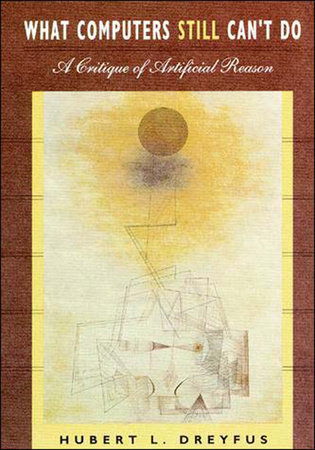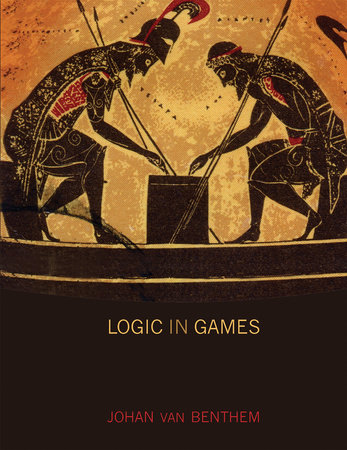

What Computers Still Can't Do

-
$50.00
Published on Oct 30, 1992 | 408 Pages



Published on Oct 30, 1992 | 408 Pages
At a time when researchers were proposing grand plans for general problem solvers and automatic translation machines, Dreyfus predicted that they would fail because their conception of mental functioning was naive, and he suggested that they would do well to acquaint themselves with modern philosophical approaches to human beings. What Computers Can’t Do was widely attacked but quietly studied. Dreyfus’s arguments are still provocative and focus our attention once again on what it is that makes human beings unique.








